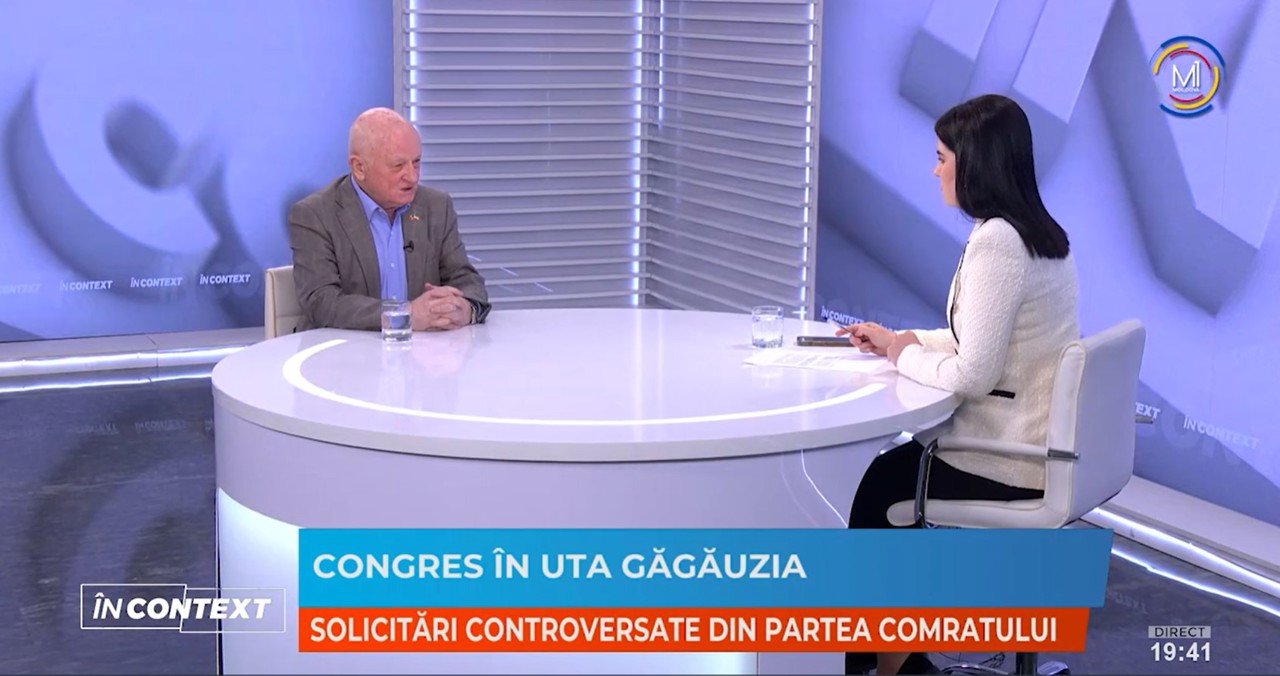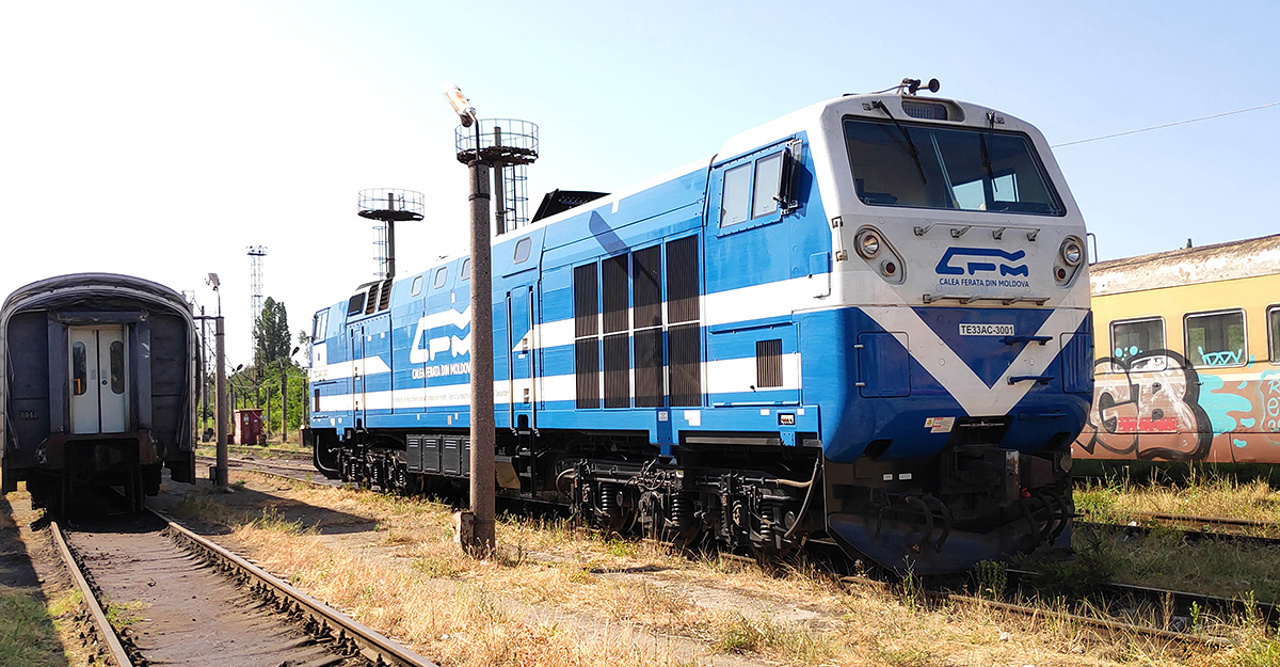Gagauzia in crisis: Kremlin-backed forces challenge Moldova
The Gagauz Autonomous Territory, a region heavily influenced by the Kremlin through Ilan Șor, is in the midst of a deep crisis.

Antistate forces are using provocations to pressure Chișinău (state government), according to PAS MP Oazu Nantoi, who warns that firmness and competence are necessary to prevent the situation from escalating, especially as Russia, having lost the hybrid war against Moldova, is preparing for the upcoming parliamentary elections.
"In the Gagauz autonomy, an atmosphere of intolerance toward differing views has developed, and public opinion is controlled by individuals profiting from antistate actions, all while preparing for the 2025 parliamentary elections. The battle will be for every seat, and those behind this hybrid war scenario are attempting to rally the population around slogans and false narratives. What happened in Comrat is part of this scenario. Despite the challenges it faces, the Republic of Moldova has strengthened itself."
Experts argue that the purpose of the Congress that was carried out recently in Gagauzia is political, not related to the rights of Gagauzians. "This gathering is politically motivated, with the aim of blackmailing Chișinău. There are four deputies from Gagauzia in the current Parliament. Who has prevented these deputies from representing the interests of Gagauzians? No one in Moldova is infringing on the rights and freedoms of those living in autonomy. Șor, Constantinov, Guțul, and the others have no interest in defending their rights; they only want to show that they deserve the money they receive from the Kremlin," said expert Ștefan Bejan.
Meanwhile, the president of the People’s Assembly of Gagauzia, Dmitri Constantinov, accuses the government of unfairly distributing funds, favoring the region's major cities.
At the same time, the Bașcan Evghenia Guțul, supported by the fugitive oligarch Ilan Șor, complains that she was not included in the government and accuses Chișinău of deliberately provoking tensions.
The Gagauz Autonomy operates under the law of December 23, 1994, a law that, according to specialists, is outdated and no longer reflects the current realities. Unfortunately, this law remains unchanged due to the lack of rational dialogue in Comrat, based on the experience of autonomies in the European Union.
On February 15, at Comrat, participants in the Congress of Deputies and Authorities from Gagauzia adopted a resolution calling for the resumption of flights to Moscow, the annulment of the results of Moldova's presidential elections, and the respect for the Law on the Special Status of UTA Gagauzia. The decisions have no legal power. The government in Chișinău has labeled the Congress's demands as an attempt to destabilize, rejecting the accusations of disrespecting the region's autonomy.
Translation by Iurie Tataru





